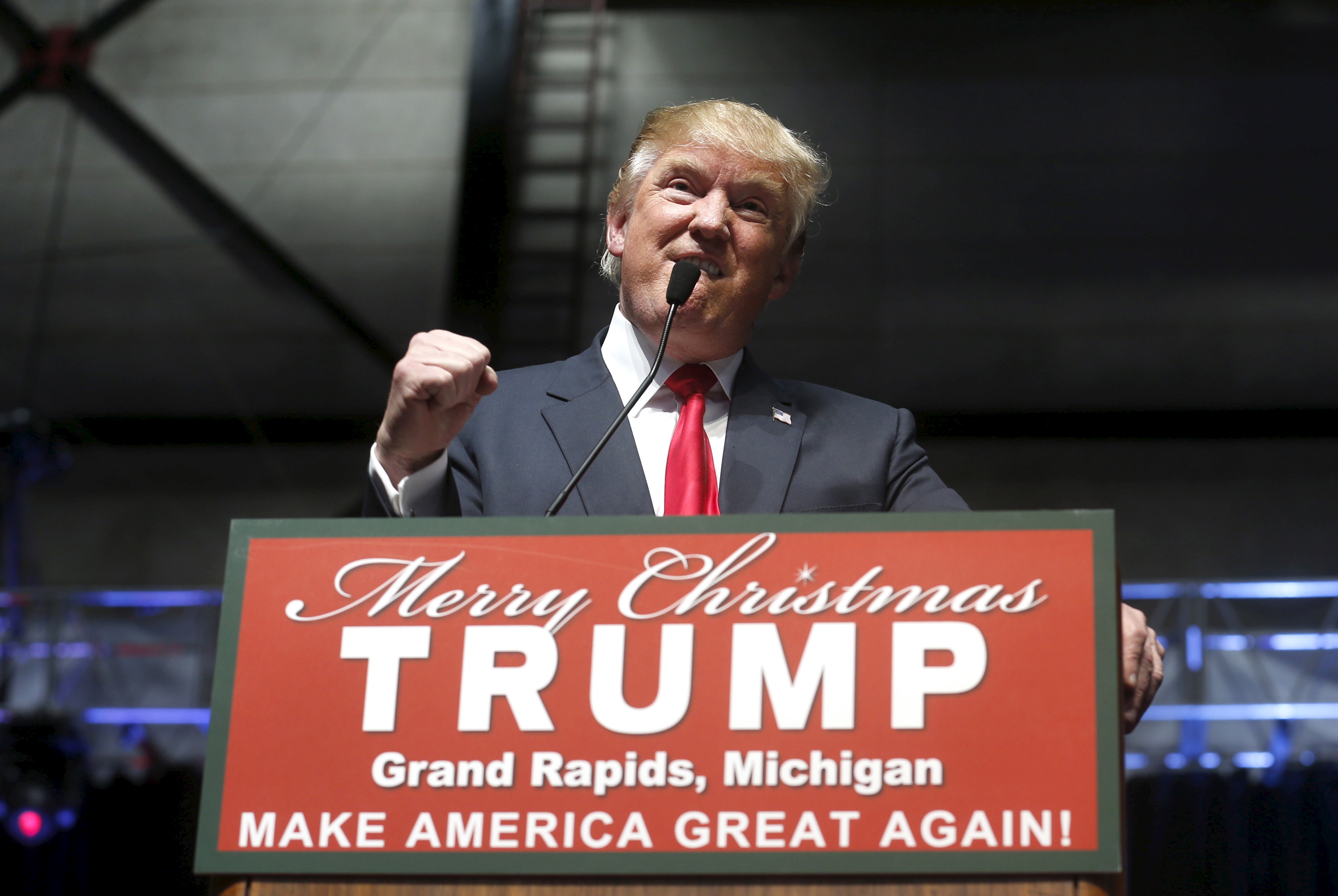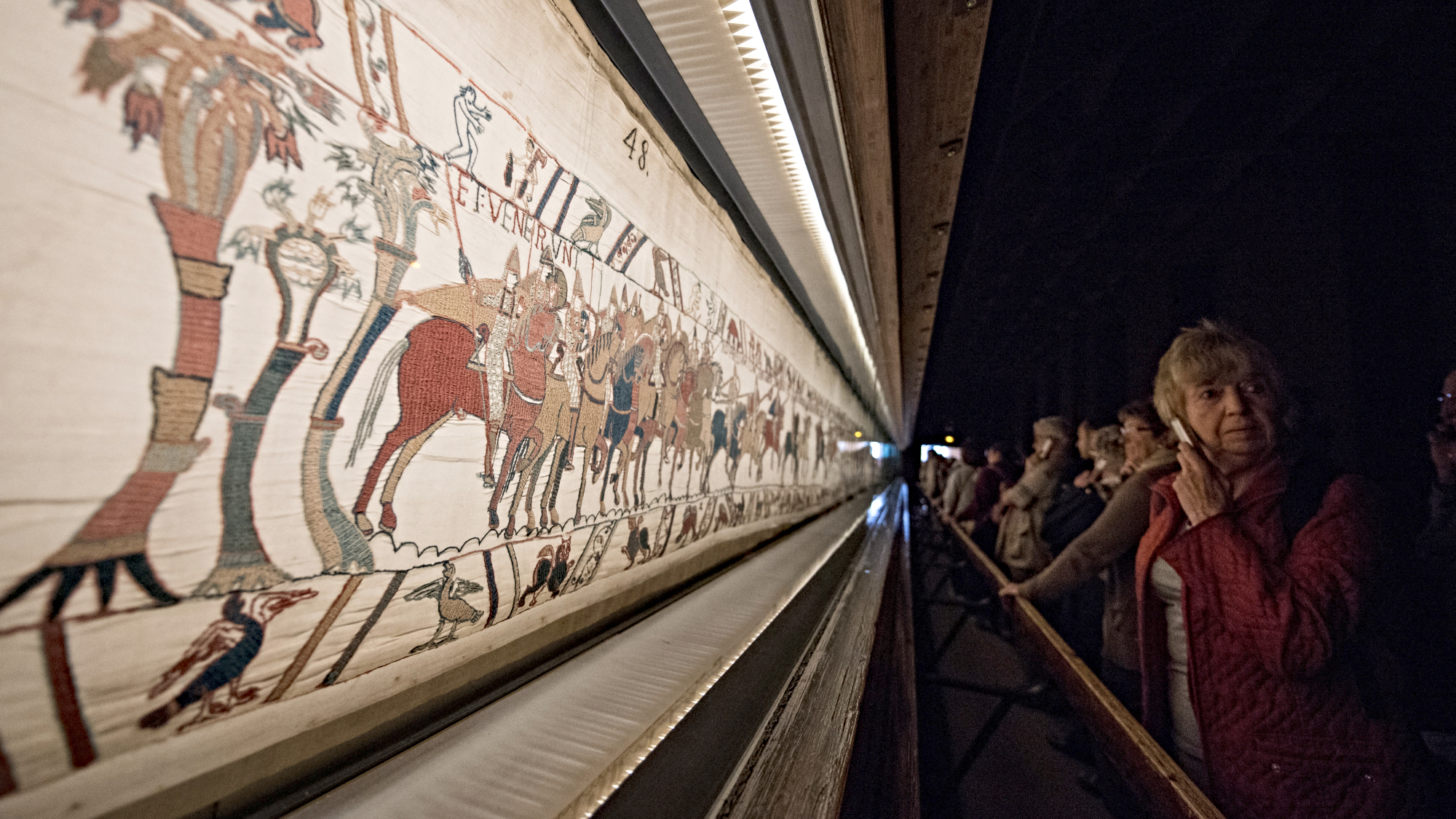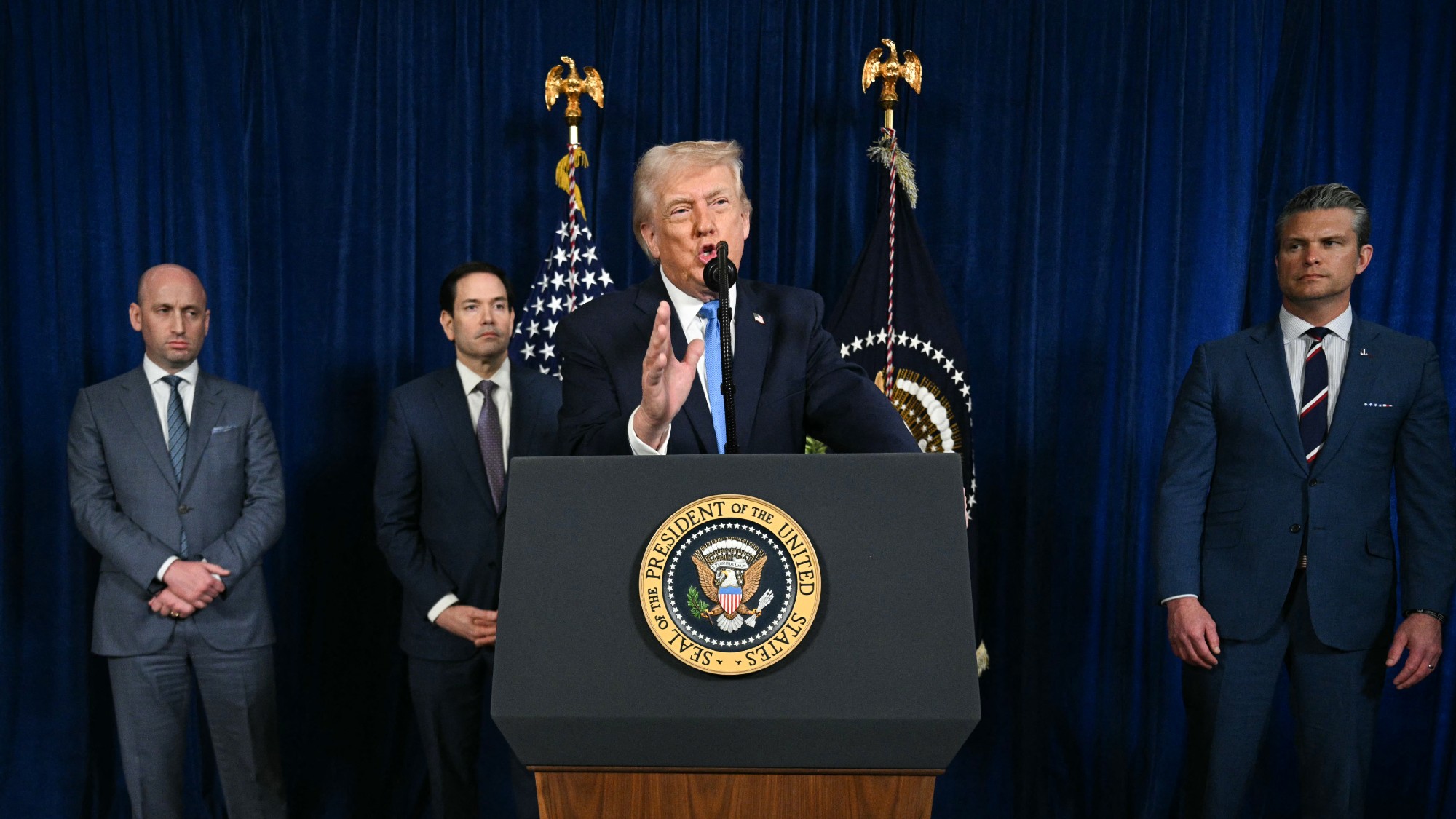Donald Trump is running as a third-party candidate within the Republican Party itself
And Bernie Sanders is doing the same thing within the Democratic Party


There's been a lot of third-party talk among Republicans lately. Weekly Standard editor Bill Kristol is perhaps the most prominent conservative leader to say we need "a new party" if Donald Trump wins the GOP nomination. Trump, who flirted with seeking the 2000 Reform Party nomination, has occasionally threatened to desert the Republicans if they don't pick him as their presidential candidate.
All this runs counter to the lessons of the country's recent election cycles. Trump has been so successful in part because, unlike Ross Perot, he doesn't have to divert his considerable resources into making an independent candidacy viable. He's running as a third-party candidate within the Republican Party itself.
This guarantees him huge exposure during the primary campaign. It prevents him from wasting time and effort just to get on the state ballots, where the game is rigged in favor of the two-party system.
The Week
Escape your echo chamber. Get the facts behind the news, plus analysis from multiple perspectives.

Sign up for The Week's Free Newsletters
From our morning news briefing to a weekly Good News Newsletter, get the best of The Week delivered directly to your inbox.
From our morning news briefing to a weekly Good News Newsletter, get the best of The Week delivered directly to your inbox.
Is Trump anomalous because he is so controversial and famous? Not necessarily. There's no special magic to the Republican or Democratic parties, but the American political system has existed so long divided along these lines that the whole system works to support major party candidates, pretty much exclusively. And even someone as rich as Trump can't change that.
Longtime political independent Bernie Sanders has also realized the benefits of sticking with a major party, even one he doesn't particularly like. Sanders was affiliated with a bevy of obscure Vermont third parties and was elected to both the House and the Senate as an independent, sometimes running against the official Democratic nominee. But even running against a formidable politician like Hillary Clinton, Sanders has done a much better job of getting his message out running as a Democrat than he would if he were trying to go it alone.
Sanders appears on stage with Clinton (albeit at a relatively small number of debates scheduled on busy Saturday nights of Christmas shopping, Star Wars, and football), has been a guest on most of the major talk shows, and is receiving serious media coverage.
The Vermont socialist also has the opportunity to present his policy agenda for millions to endorse in the Democratic primaries even if he never gets close to the nomination. This includes thousands, and perhaps millions, of Democrats who would be reluctant to cast even a protest vote for a third-party candidate on the left after the Ralph Nader experience of 2000, where progressives picking the longtime consumer advocate diverted votes away from the Democrats, and probably cost Al Gore the election.
A free daily email with the biggest news stories of the day – and the best features from TheWeek.com
Sanders, just like Trump, is running as a third-party candidate within a major party. This isn't the first time Sanders has recognized the benefits of working within established Democratic power channels in his career. Sanders has been more effective in Congress because he has caucused with the Democrats and his Senate seat has become more secure since national Democrats recognized him as (basically) one of them rather than someone to replace with a real Democrat.
The examples go back much further than that. Ron Paul had a bigger impact on the national debate finishing a distant fourth in the Republican primaries in 2008 and 2012 than he did winning the Libertarian Party nomination in 1988.
Gary Johnson, the 2012 Libertarian nominee, was a success story because he won more than 1 million votes in that election. But Ron Paul won more than twice that in the GOP primaries alone that year. And as a Republican, Johnson served two terms as governor of New Mexico. He was not just a rounding error in a contest between Barack Obama and Mitt Romney.
Didn't Howard Dean do more to move the Democratic Party to the left than Nader, who helped cost the Democrats the election in 2000? Didn't Pat Robertson's 1988 presidential campaign do more to mobilize conservative Christian voters than the Constitution Party has done in more than a quarter century since then?
Many conservatives have long been grateful that Ronald Reagan spurned advice from the likes of longtime National Review publisher William Rusher and stuck with the GOP rather than going out and creating a third party. Third parties are great for protest votes, which can be important. But when it comes to influencing policy, major parties are where the action is.
W. James Antle III is the politics editor of the Washington Examiner, the former editor of The American Conservative, and author of Devouring Freedom: Can Big Government Ever Be Stopped?.
-
 The best art exhibitions to book in 2026
The best art exhibitions to book in 2026The Week Recommends Our pick of the shows to see across the UK, from epoch-defining embroidery to fresh looks at under-appreciated artists
-
 What is the Donroe Doctrine?
What is the Donroe Doctrine?The Explainer Donald Trump has taken a 19th century US foreign policy and turbocharged it
-
 Could a part-and-part mortgage help you on to the property ladder?
Could a part-and-part mortgage help you on to the property ladder?Combining repayment and interest-only mortgages could become more popular as part of a push towards more flexible lending
-
 Bari Weiss’ ‘60 Minutes’ scandal is about more than one report
Bari Weiss’ ‘60 Minutes’ scandal is about more than one reportIN THE SPOTLIGHT By blocking an approved segment on a controversial prison holding US deportees in El Salvador, the editor-in-chief of CBS News has become the main story
-
 Has Zohran Mamdani shown the Democrats how to win again?
Has Zohran Mamdani shown the Democrats how to win again?Today’s Big Question New York City mayoral election touted as victory for left-wing populists but moderate centrist wins elsewhere present more complex path for Democratic Party
-
 Millions turn out for anti-Trump ‘No Kings’ rallies
Millions turn out for anti-Trump ‘No Kings’ ralliesSpeed Read An estimated 7 million people participated, 2 million more than at the first ‘No Kings’ protest in June
-
 Ghislaine Maxwell: angling for a Trump pardon
Ghislaine Maxwell: angling for a Trump pardonTalking Point Convicted sex trafficker's testimony could shed new light on president's links to Jeffrey Epstein
-
 The last words and final moments of 40 presidents
The last words and final moments of 40 presidentsThe Explainer Some are eloquent quotes worthy of the holders of the highest office in the nation, and others... aren't
-
 The JFK files: the truth at last?
The JFK files: the truth at last?In The Spotlight More than 64,000 previously classified documents relating the 1963 assassination of John F. Kennedy have been released by the Trump administration
-
 'Seriously, not literally': how should the world take Donald Trump?
'Seriously, not literally': how should the world take Donald Trump?Today's big question White House rhetoric and reality look likely to become increasingly blurred
-
 Will Trump's 'madman' strategy pay off?
Will Trump's 'madman' strategy pay off?Today's Big Question Incoming US president likes to seem unpredictable but, this time round, world leaders could be wise to his playbook
